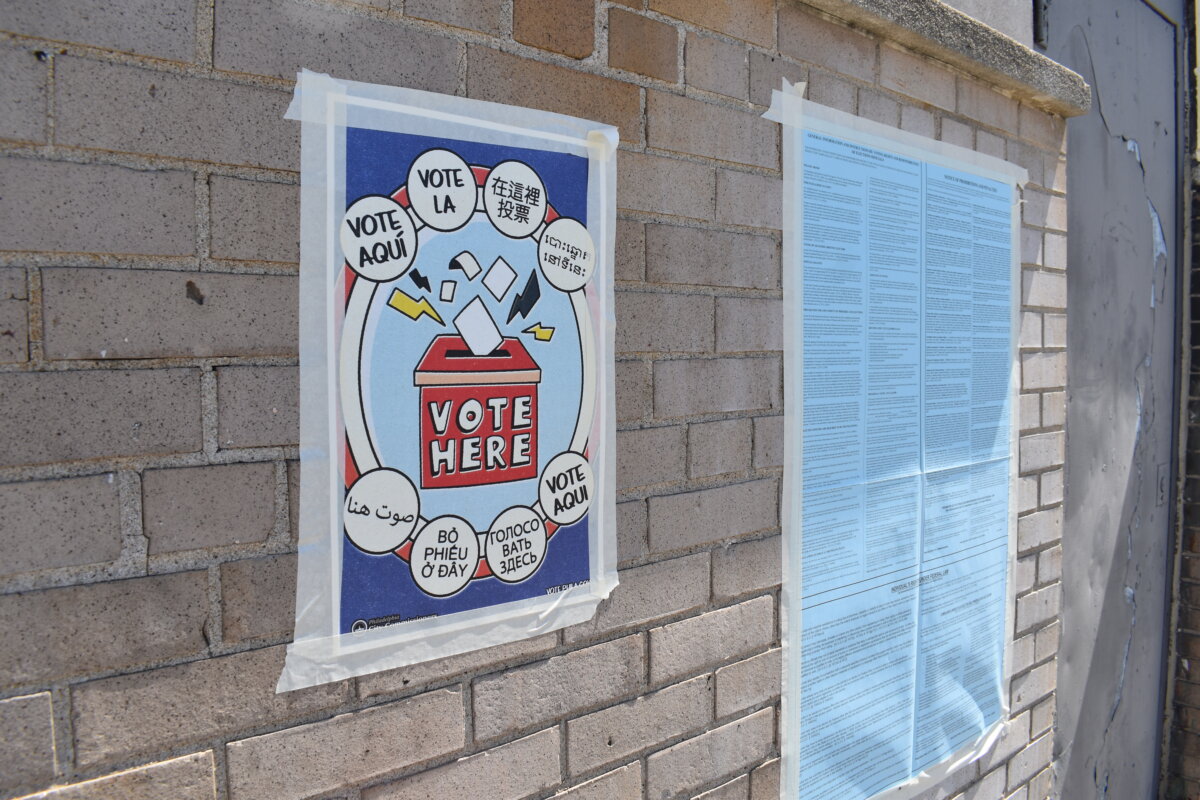It all began in a living room on the Upper West Side. A group of women in their 20s and 30s would gather to vent about the challenges in their white, male-dominated workplaces.
“These meetings would turn into hourlong bitch sessions,” explains award-winning journalist and author Jessica Bennett. “It was like Alcoholics Anonymous for feminism.”
For Bennett, then a Newsweek reporter struggling to find her voice in an office full of men, the club became not only an open forum to share tactics but the inspiration for her latest book, “Feminist Fight Club,” a survival manual for dealing with sexism in the workplace. “Eventually it occurred to me that a lot of what we were talking about was really useful, and maybe it needed to be shared.”
While gender issues have certainly become part of the mainstream conversation given the recent political climate, much of the discourse seems to simply highlight the issues and graze over solutions. Bennett’s goal is to change this. After digging through dense academic research, she assembled a series of battle tactics that will take down some of the most common culprits in the office.
We’ve highlighted some of our favorite fight moves from her book.
“Manterrupter”
Kanye’s 2009 VMA moment was perhaps the most iconic example of this fairly common routine. While grabbing the mic from Taylor Swift and propelling into a boisterous monologue might seem like something only Kanye would do, studies show that men not only speak more than women in professional meetings, but they also interrupt more frequently. The fix: Bennett likens her solution to “two cars racing toward each other” — in other words, just keep talking. “The key,” she explains, “is to prevent him from getting a word in while simultaneously acting like you are the chillest person in the room.” “Bropropriator”
This bro, a pompous creature, finds the need to appropriate credit for another’s work. Research shows that in situations when men and women work together, colleagues and bosses typically assume men deserve the recognition. The fix: To avoid having the spotlight snatched from them, Bennett suggests women embrace an authoritative attitude and present their ideas with so much power that nobody can forget them. If it’s too late to do that, they can always whip out the “thank ’n’ yank–” a swift stunt that consists of thanking him for liking your great idea, and then quickly yanking the credit right back. “It’s a sneaky yet highly effective self-crediting maneuver that still leaves you looking good,” explains Bennett. “Sure, sometimes a biting ‘Is there an echo in here?’ may also work.” “Stenographucker”
The stenographucker assumes you’re the office secretary, oftentimes asking if you’d mind taking notes or grabbing him a quick cup of joe.
The fix: But what if you just don’t know how to? “The bad barista” involves simply informing your male colleague that you’d love to, if only you were capable. Thankfully, you do know somebody perfect for the job. Bennett’s suggests this clever comeback: “I’m actually on the hook for a big presentation right now. But you know who’s actually great at making spreadsheets? Brad over here.” If that doesn’t work, her other option goes right for the jugular: Try asking in a concerned tone, “Are your hands broken?” “Mansplainer”
He might not have any clue what he’s saying (perhaps he just loves the sound of his own voice), but have no fear, he’s here to break it down for you real quick. “His delivery is typically patronizing or condescending, often inaccurate, and completely lacks nuance,” explains Bennett, “but it comes at you, without variation, as gospel.” The fix: For this culprit, rather than provide fight moves, Bennett has mapped out an entire group of questions for men to consider before opening their mouths: “Are you an expert– are you actually?” “Does she already know that you’re about to say?” More importantly, “Did she ask?” “Menstruhater”
The Menstruhater links all direct assertions to a woman’s period. A prime example of this phenomenon could be traced back to Donald Trump’s suggestion that Megyn Kelly was “bleeding out of her whatever–” a sarcastic retort after being asked about his attacks on women. (He’s likely guilty of the other four offenses, as well). The fix: Thankfully, there’s a simple solution for this situation, and it involves calling him out with style: “Nope, PJ, I’m not on my period — but your sales reports look to be bleeding this company dry.”
Overcoming sexism in the workplace

iStock


















